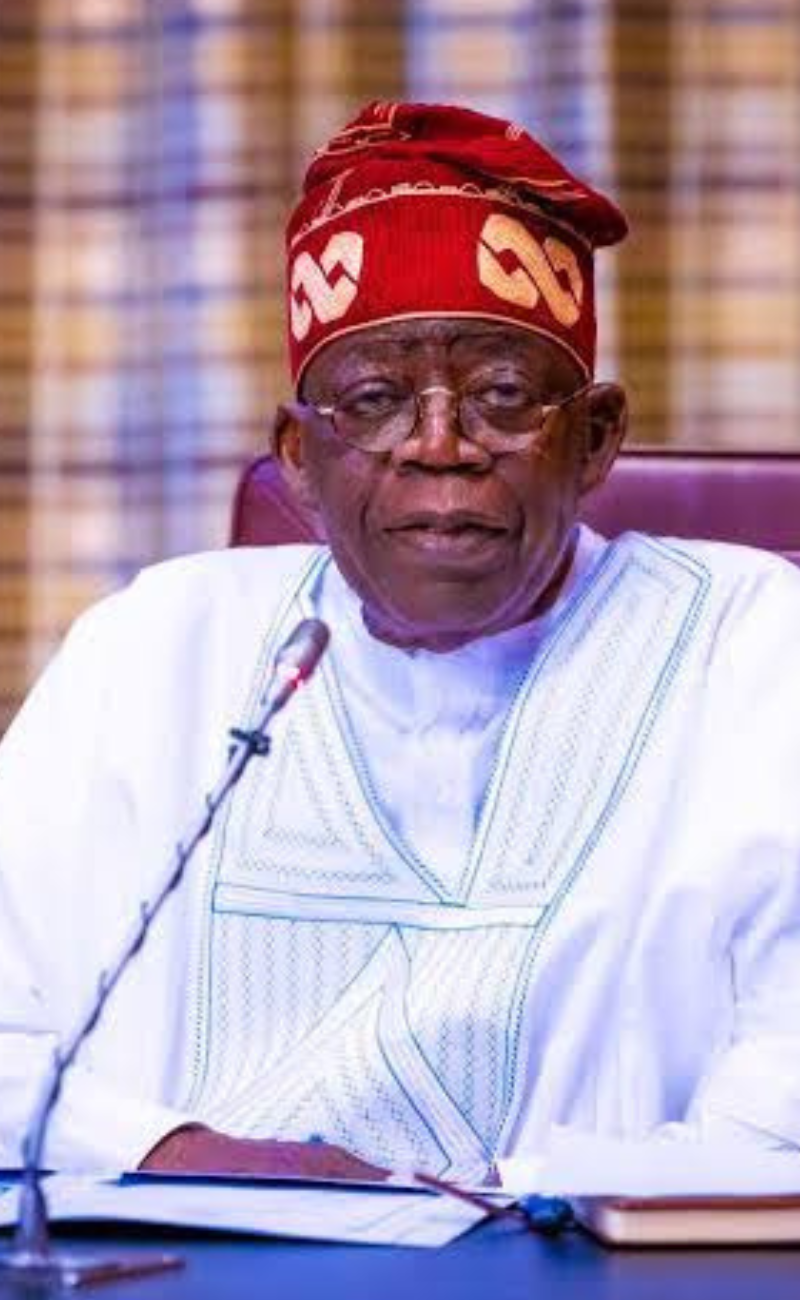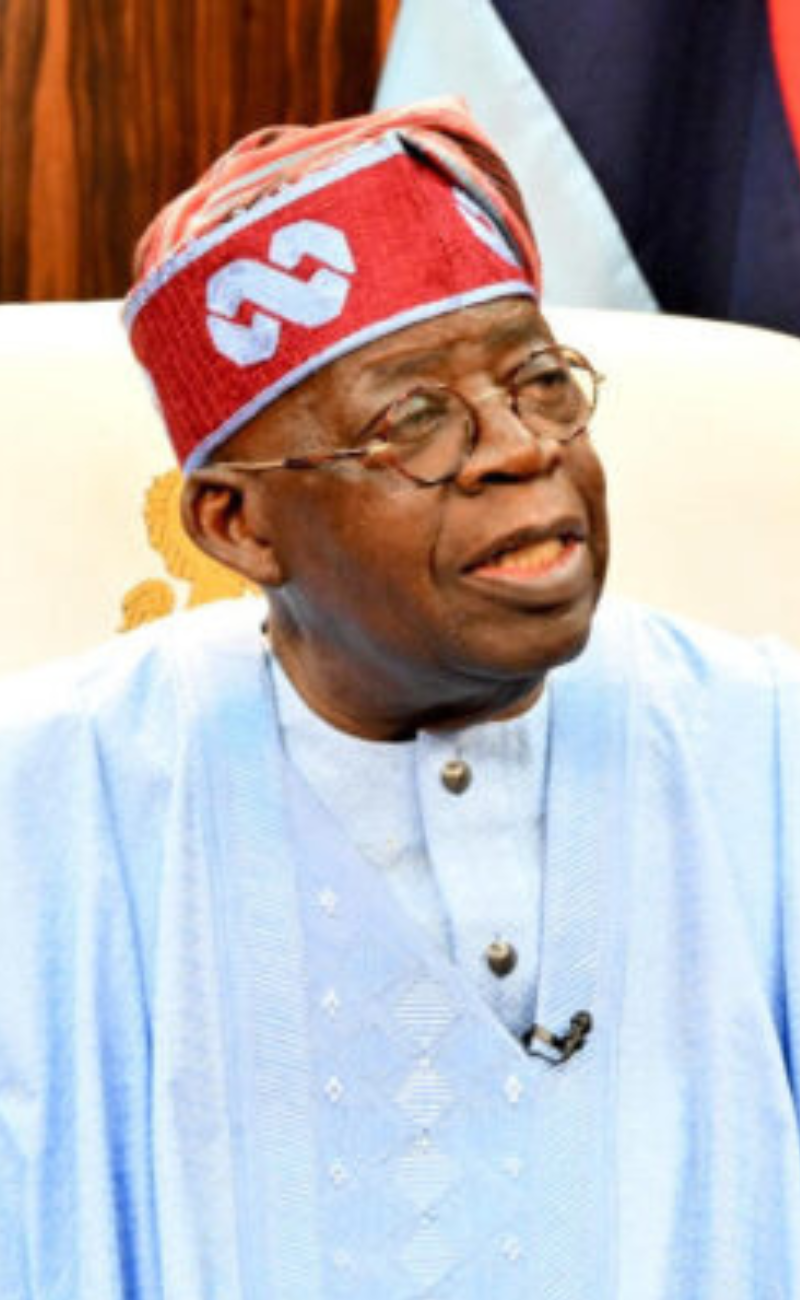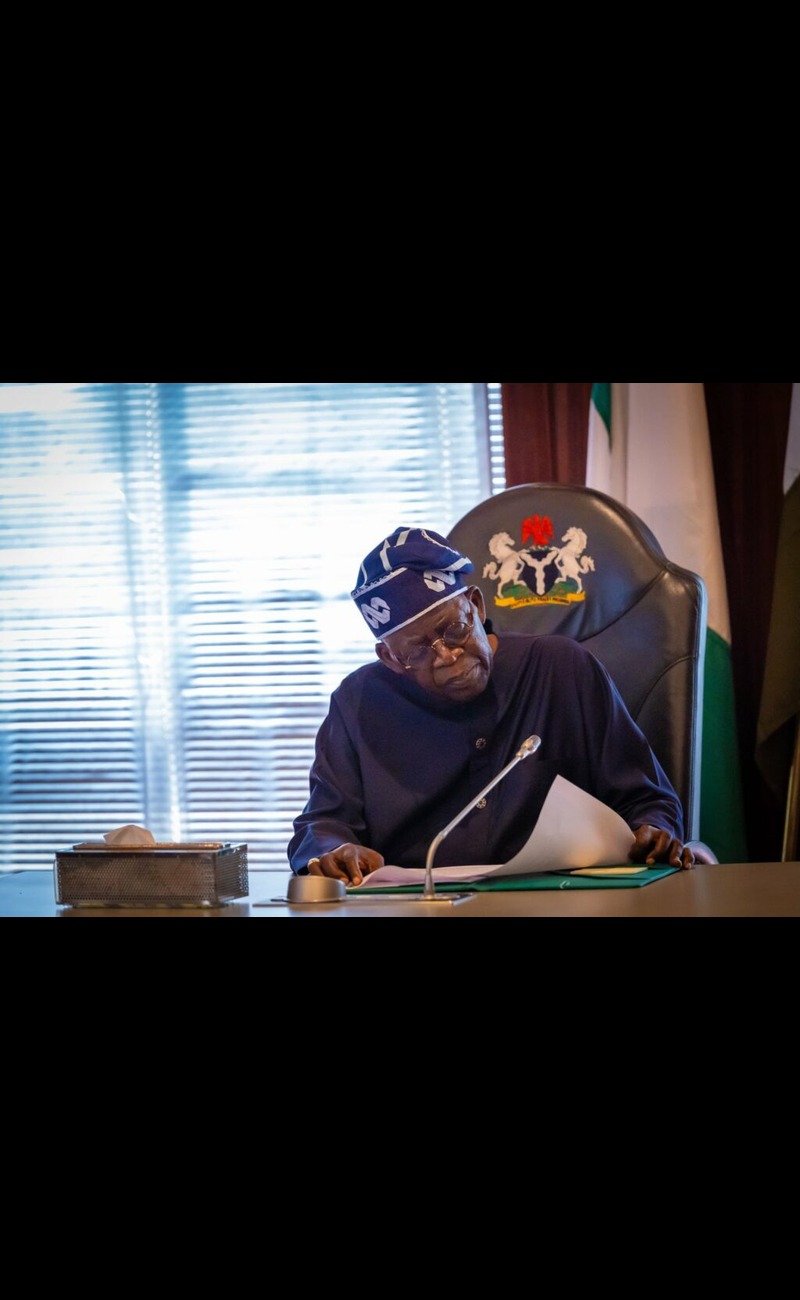The committee warned that if the auditors fail to appear by the newly set deadline, Tuesday, May 27, 2025, at 2:00 PM, the senate will be compelled to exercise its constitutional powers to issue warrants of arrest.
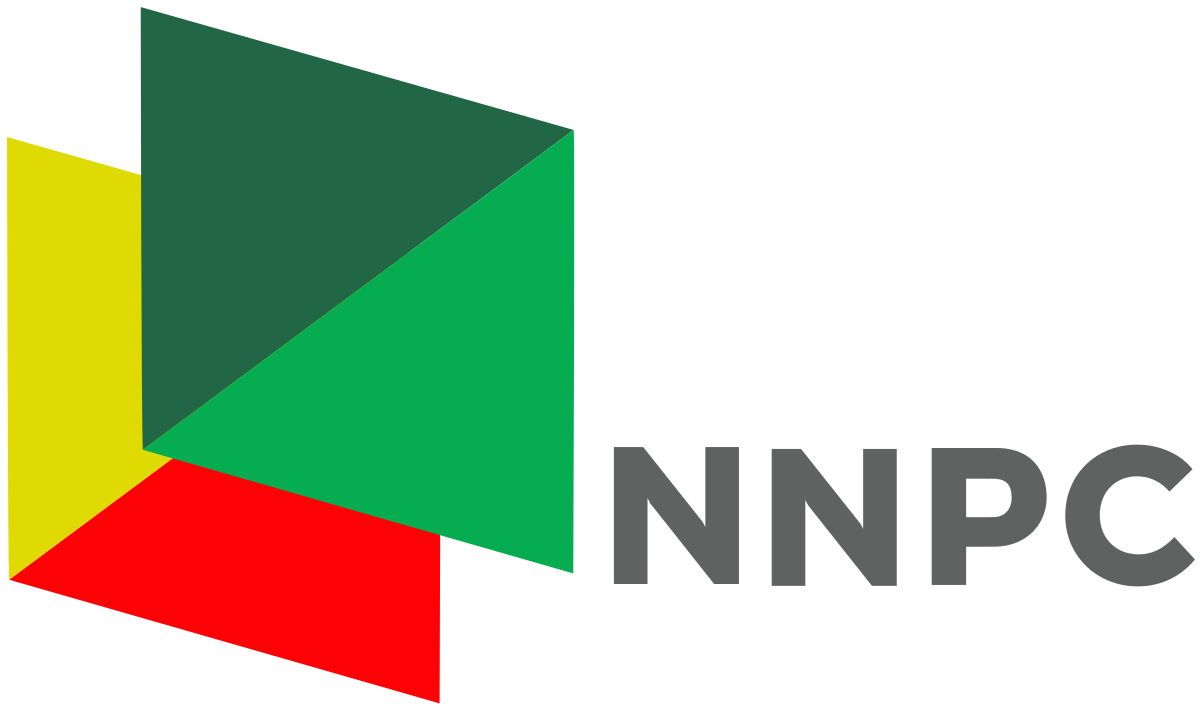
The senate has once again issued a stern warning over what it calls a “recurring pattern of disregard” for legislative oversight, threatening to invoke its constitutional powers to issue arrest warrants against external auditors of the Nigerian National Petroleum Company Limited (NNPCL).
This pattern of disregard has also been flagged in the OrderPaper’s Legislative Compliance Index (LCI) – a data-driven parliamentary strengthening tool that tracks the level of responsiveness and accountability of MDAs to legislative resolutions and summons. The index has consistently shown that many executive agencies fail to honour committee invitations, undermining the legislature’s power of oversight.
This warning was issued on Tuesday by the Chairman of the Senate Public Accounts Committee (SPAC), Sen. Aliyu Wadada (SDP, Nasarawa West) who expressed strong displeasure over the continued refusal of NNPCL’s four external auditing firms to appear before the committee despite multiple invitations sent to the firms.
“If they do not appear as summoned, we will have no choice but to invoke the powers available to us under the law to compel their attendance. The Nigerian public and the international community deserve to know the truth,” Wadada warned.
The firms – Smith, Ighodalo, Adewale, O-Odiachi (SIAO), VWC, Muktali Dangana & Co, and Ahmed Zakaria & Co, were invited to clarify controversial entries in NNPCL’s audited accounts covering 2017–2023.
In their place, a Senior Advocate of Nigeria (SAN), Oyetola Muyiwa Atoyebi appeared, claiming to represent the firms. The committee, however, rejected his appearance, describing it as inconsistent with legislative procedures, stating that only the principal auditors and those directly responsible for preparing and signing the financial reports are deemed competent to respond to legislative inquiries.
“We found him not fit and proper as of today to stand before us as a representative of the external auditing firms,” Wadada said.
A member of the committee, Sen. Saliu Mustapha (APC, Kwara central), underscored the urgency of the situation and described the continued evasiveness as a threat to Nigeria’s democracy, stating that “There are sensitive issues that must be addressed. We cannot allow them to be swept under the carpet. Our duty as representatives of the Nigerian people demands that we ensure full accountability.”
The committee warned that if the auditors fail to appear by the newly set deadline, Tuesday, May 27, 2025, at 2:00 pm, the senate will be compelled to exercise its constitutional powers to issue warrants of arrest.
Lawmakers also hinted at the possibility of making public the irregularities uncovered during preliminary reviews of NNPCL’s accounts, as well as initiating legal steps to compel compliance.
“We are giving the auditors of NNVC two weeks from now but to be clear, they must appear next week Tuesday,” Wadada warned.
Atoyebi, who later spoke to journalists, said the external auditors could not appear before the committee to avoid subjudice.
“The committee had earlier been informed that the external auditors would not appear before it because issues to be deliberated upon are already in court and would amount to subjudice on their part to make any submissions on them.
“It is even subjudice for the committee itself to be holding sessions on issues being litigated against in the court of law,” he said.
Earlier, in a new twist, the external auditors to both NNPCL and the National Petroleum Investment Management Services (NAPIMS), a unit of the NNPCL Group, challenged the senate committee’s summons, citing ongoing litigation as a reason for their non-appearance.
Their legal representatives, Afe Babalola & Co, wrote to the committee arguing that the subject matter of the audit queries is subjudice and that their appearance would prejudice active court proceedings initiated by aggrieved parties.
In response, the committee issued a counter-letter dated May 15, 2025, rejecting the subjudice claim. In the letter titled: “Re: Special Legislative Inquiry on the External Auditors to NNPCL and NAPIMS,” the committee clarified: “That the Committee still stands on not being a party to any case that is between the external auditors or the court and cannot be sub-judice.
“That the external auditors have a duty of full disclosure of the claim in court, by furnishing the committee of the court process, so as to determine the involvement of the National Assembly or the Senate to the case on the subject of Sub-jucice.
“Arising from the foregoing, the External Auditors to NNPCL and NAPIMS are advised to honor the appointment of 20 May, 2025 as earlier acknowledged, else the Committee would explore its Power to compel attendance.”
A pattern of disregard
This is not the first instance of such defiance. Since the commencement of the 10th senate in June 2023, SPAC has issued multiple summons to MDAs and their financial agents, many of which were ignored.
The senate has consistently raised concerns about unexplained or misappropriated funds in public accounts.
In October 2023, the committee summoned these same NNPCL auditors without success. A similar outcome occurred in February 2024.
Other non-compliant agencies include the Nigerian Ports Authority (NPA), NIMASA, NCC, and the National Inland Waterways Authority (NIWA). In November 2023, SPAC warned over 60 MDAs after they failed to submit audited accounts, and in March 2024 it decried the trend of junior officials appearing in place of responsible officers.
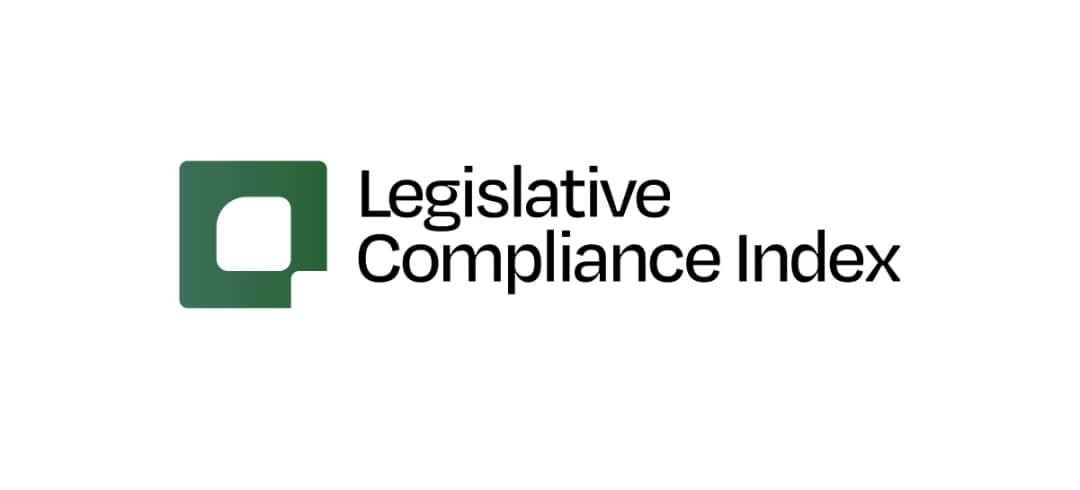
According to OrderPaper’s Legislative Compliance Index (LCI), this nonchalance is systemic. The LCI, which evaluates how MDAs respond to legislative summons and resolutions, shows that poor compliance is one of the leading bottlenecks to effective legislative oversight in Nigeria’s Fourth Republic. The index is part of a wider parliamentary strengthening effort to bridge the gap between executive action and legislative resolutions.


